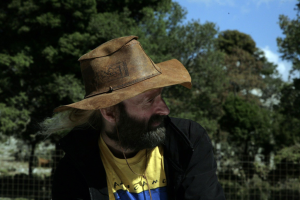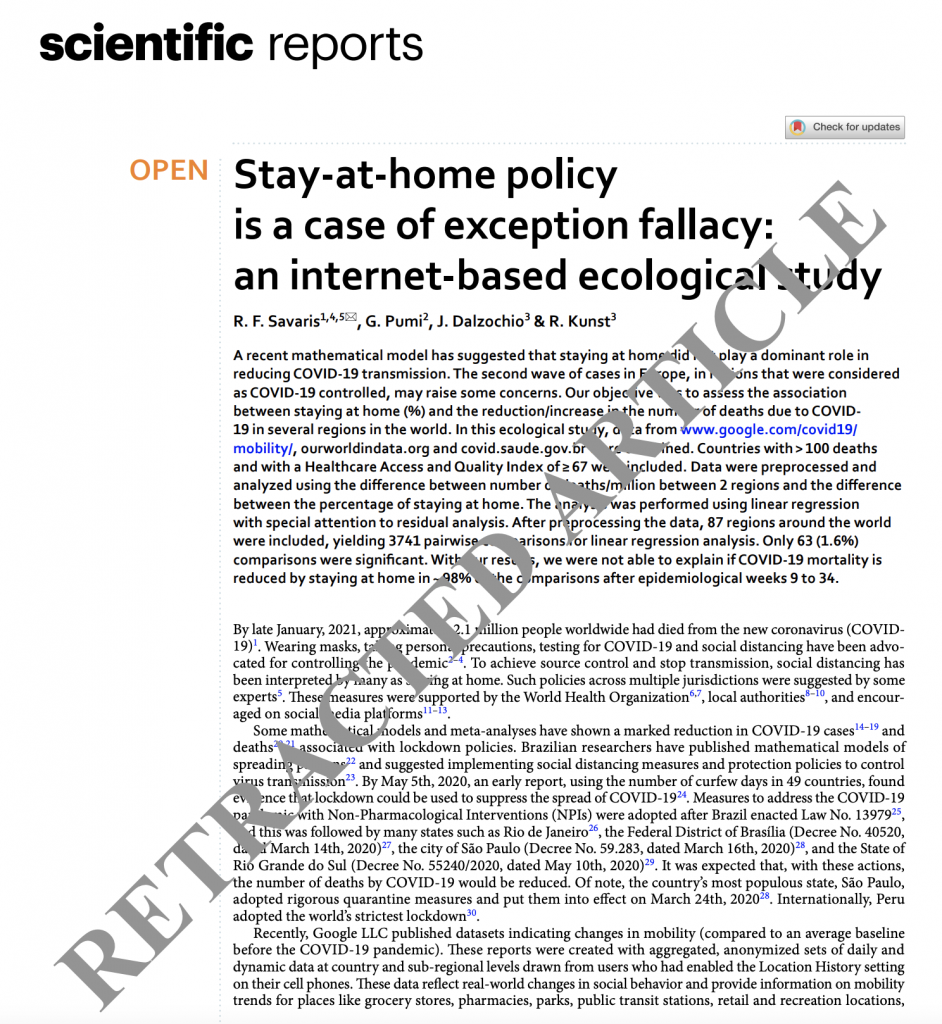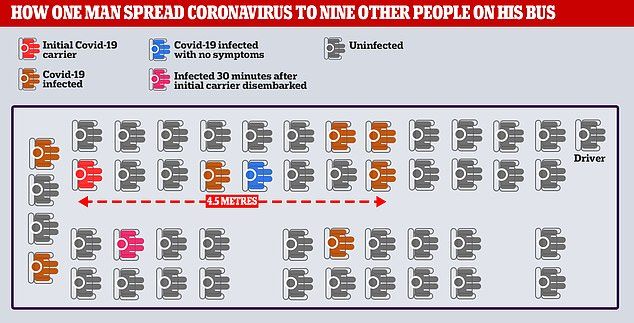An article about the overuse of spinal imaging has been retracted after the distributor of a chiropractic product it criticized in passing complained to the journal.
The paper, “An investigation into the chiropractic practice and communication of routine repetitive radiographic imaging for the location of postural misalignments,” was retracted in June from the Journal of Clinical Imaging Science after the editor-in-chief learned it contained “controversial statements regarding the commercial product Denneroll,” according to the statement.
Denneroll is a line of support products that purports to help with “spinal remodeling” for people whose spines aren’t curved in the normal way, according to a company brochure. The company’s website states that the Denneroll products are “second to none in spinal orthotics.”
The retraction notice said Deed Harrison, a chiropractor whose family distributes the Denneroll product line, “claimed that the data presented against this product lacks scientific backing.” Harrison’s father, Donald Harrison, originated a technique called Chiropractic BioPhysics (CBP) which is the basis of the Denneroll product line, according to the CBP website.
Continue reading Journal retracts paper on chiropractic product after distributor complains






 Last month, the
Last month, the 
